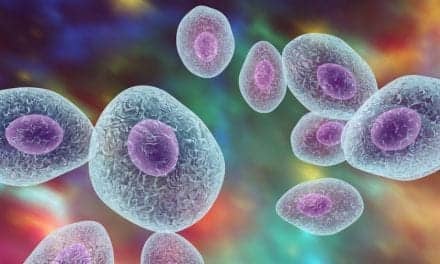Anti-MRSA therapy in addition to standard pneumonia therapy does not improve mortality rates in pneumonia patients, a study published in JAMA Internal Medicine found.
In the United States, the leading cause of death from infection is pneumonia. Currently, timely empiric antibiotic therapy against the most likely pathogens is the cornerstone of care; however, the causative pathogens are rarely identified, which creates uncertainty in choosing an empiric therapy. This uncertainty has been magnified among patients who are hospitalized for community-onset pneumonia with the emergence of resistance organisms, like MRSA. Although fewer than 5% of hospitalized patients have resistant organisms, more than one-third have received broad-spectrum antibiotics.
The results suggested that empiric anti-MRSA therapy was not associated with reduced mortality in the management of patients with pneumonia. Of the patients who received empiric anti-MRSA therapy, 8929 (10%) died within 30 days. Empiric anti-MRSA therapy plus standard therapy was associated with an increased adjusted risk for death (adjusted risk ratio [aRR], 1.4), kidney injury (aRR, 1.4), secondary Clostridioides difficile infections (aRR, 1.6), secondary vancomycin-resistant Enterococcus spp infections (aRR, 1.6), and secondary gram-negative rod infections (aRR, 1.5). In addition, similar associations were seen between anti-MRSA therapy and 3-day mortality by instrumental variable analysis (aRR, 1.6) among patients admitted to the intensive care unit (aRR, 1.3), those with MRSA detected on surveillance testing (aRR, 1.6), and patients with a high risk for MRSA (aRR, 1.2). There was no significant favorable association between empiric anti-MRSA therapy and death among patients with culture-detected MRSA observed (aRR, 1.1)









